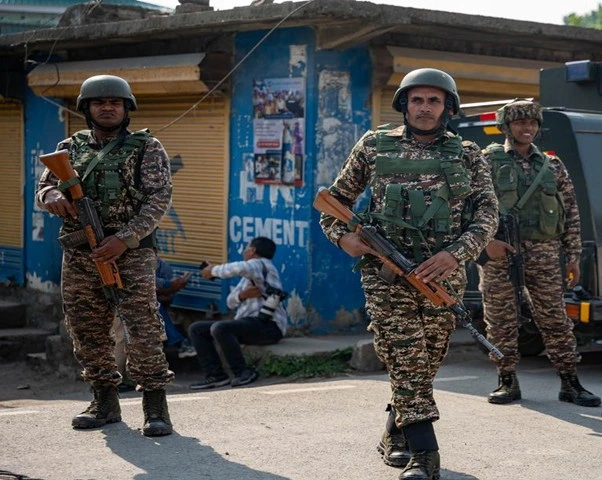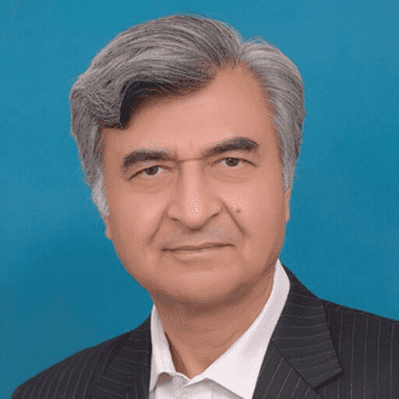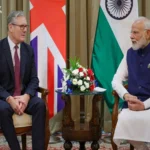India’s handling of military casualties and prominent security events has once more come under close examination in recent events that have rocked domestic and foreign onlookers. Strategic opacity and narrative manipulation have become a norm that calls great questions about openness and responsibility in New Delhi’s security plans. From the vague admission of aircraft losses during conflicts with Pakistan from the Indian Chief of Defence Staff General Anil Chauhan to the shadowy events surrounding the terrible Pahalgam terror attack, these events expose a deeply ingrained culture of concealment endangering regional stability and erasing international confidence.
General Anil Chauhan said in a recent military briefing that the Indian Air Force had lost planes in contacts with Pakistan. Still, he omitted precise figures or details. Considered as a veiled admission of failure or mistake, this partial admission has caused domestic indignation. Both civil society leaders and political opposition groups have insisted for an all-encompassing review of the episode. Lack of information not only fosters rumours but also subtly confesses guilt, therefore undermining India’s reputation. By stating generally that “losses are part of combat,” without addressing the specifics, the Indian Air Force further muddled things. This evasive posture has heightened public mistrust and started discussions on the validity of official military accounts.
The very divisive Pahalgam terror assault, which killed 26 civilian lives in Jammu and Kashmir, fuels the fire. Originally seeming to be a sad terrorist event, this is now hotly debated. The story of the Indian government is clearly inconsistent, as noted by international media like the BBC, and there is no hard data connecting the incident to any known terror organizations. These disclosures have sparked general mistrust that the incident might have been a false flag operation, planned or controlled by Indian officials to support hostile posture toward Pakistan.
Seizing this story, Pakistan has cautioned the world about India’s policies. Islamabad contends that New Delhi is manufacturing casus belli for military escalation using events like Pahalgam, therefore influencing both local and international opinion. This has worsened the already delicate relationship between the two neighbours with nuclear weapons. The circumstances emphasize a more general Indian policy pattern: a constant denial of the truth, a tendency to withhold information, and a strategic reliance on uncertainty to dominate narratives.
India’s concealing policy has far-reaching, multifarious effects. It first fuels tensions and undermines bilateral confidence. South Asia is a region always on the brink of conflict, and India’s lack of openness simply fuels mistrust. One side’s hiding of important information, especially on military operations and civilian losses, fuels mistrust and lowers the possibility for meaningful communication or de-escalation.
Second, regional security is lacking. It is almost impossible for neighbouring states or international players to participate constructively when the actual magnitude of security concerns is hidden, and governments depend on lies or misinformation. By hiding the truth about attacks or losses, reactionary and aggressive policies are encouraged, therefore driving the area toward open confrontation instead of coordinated peacebuilding.
Thirdly, the internal political consequences in India complicate international strategy even more. The people of India have not missed the fact that their government does not openly handle events like aircraft losses or Pahalgam attack. Protests, critical opinions, and calls for parliamentary discussions by opposition leaders have gathered force. This internal pressure makes it politically expensive for the government to follow diplomatic or conciliatory paths with Pakistan or other neighbours, therefore hardening its posture and lowering policy flexibility.
India’s apparent transparency has started to damage its reputation on a global scene. Formerly seeing India as a responsible regional actor, nations are starting to doubt its dedication to democratic values and openness. Strategic ally and main armaments supplier France for India has allegedly voiced worries about the lack of clarity in military disclosures. This can cause diplomatic tension, possible review of bilateral agreements, and less worldwide support of India in multilateral forums.
Still another important result is the difficulty in resolving disagreement. Lasting peace in South Asia, especially in the Kashmir area, calls on open communication grounded on confirmed data. India’s refusal to participate honestly stops any real reconciliation effort. It not only stifles Pakistan’s peace initiatives but also limits the participation of foreign mediators, including the United States, under both previous and present governments, that have expressed desire in promoting communication.
For Pakistan, this circumstance offers both possibilities and challenges. Understanding that India’s opacity results in a mistrust, Pakistan has strengthened its efforts for global monitoring and openness. It makes the case that India’s narrative manipulation and denial of important information might call for more global power participation to guarantee peace. This could draw more attention from around the world on South Asia, therefore changing regional dynamics and boosting Pakistan’s profile as a supporter of openness and communication.
Fundamentally, this problem is a straightforward fact: whereas concealment compromises peace, transparency is vital for it. India’s silence on its military casualties is not only a strategic choice but also, in the perspective of many observers, a de facto admission of operational mistakes. The sad events in Pahalgam are not only a security lapse but also a possible fabrication that best illustrates how narrative manipulation may be used to further political agendas. Truth suffers first and with-it peace and stability when official accounts contradict reality when evidence is absent.
Calls for India facing the truth are getting louder. France and other Western partners could be pushing New Delhi more and more to maintain democratic norms including responsibility and openness in security concerns. Only if the Indian government acknowledges the long-term hazards of its present strategy will this international scrutiny and internal criticism finally force policy changes.
India’s aggressiveness under cover of false information poses a serious threat to the whole South Asian area as well as to its close neighbours. It compromises diplomatic confidence, raises military tensions, and closes the road toward peace. India must balance its aspirations with its obligations since it hopes to be a world leader. Although hiding the truth about military losses or misleading security event framing could help temporarily achieve political objectives, it compromises long-term peace and international reputation.
India must promise an openness if it is to advance. Transparency, responsibility, and factual integrity are strategic needs rather than only moral ones. Regional peace will remain difficult until then, and mistrust will always loom big over South Asia.








